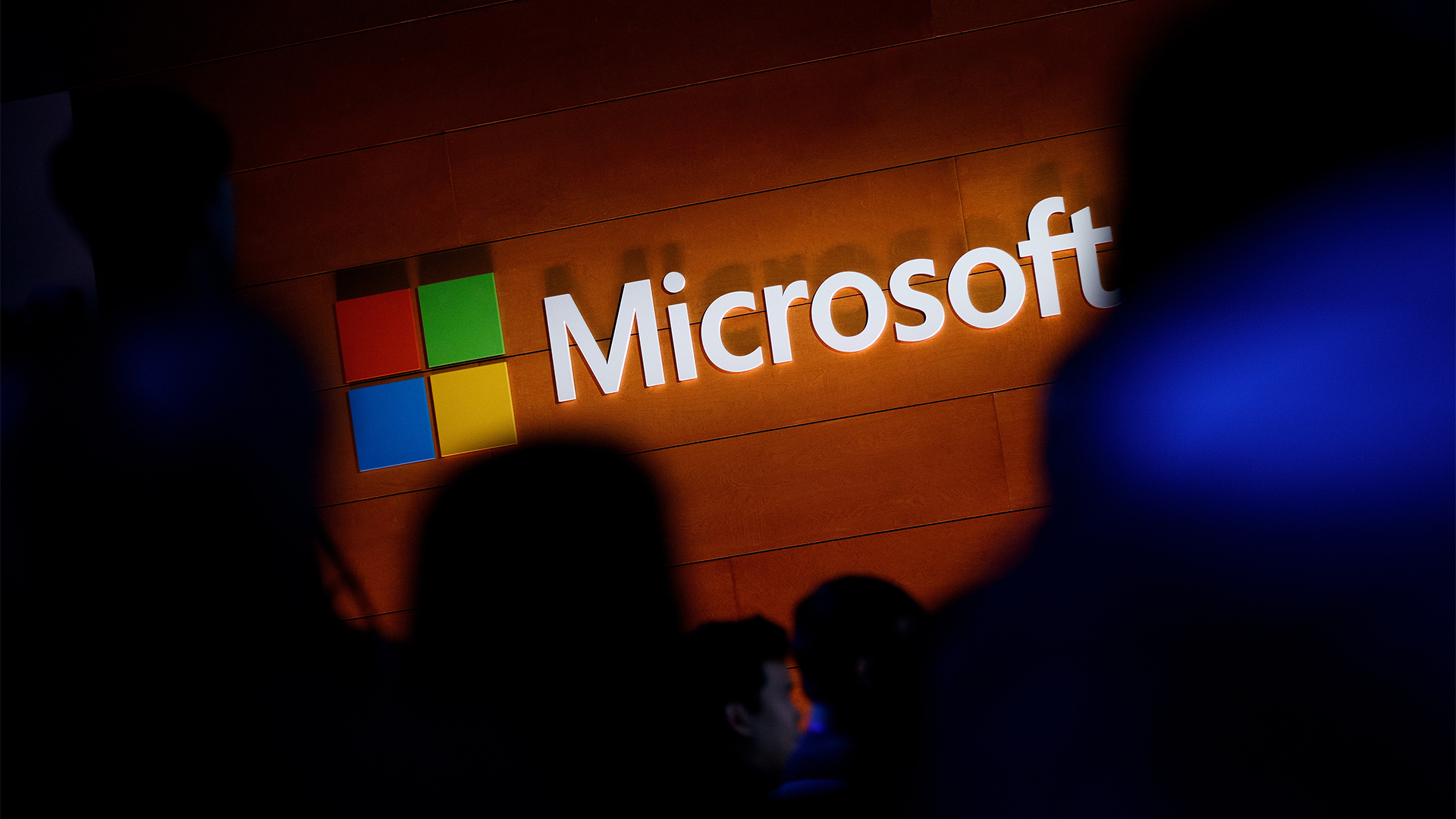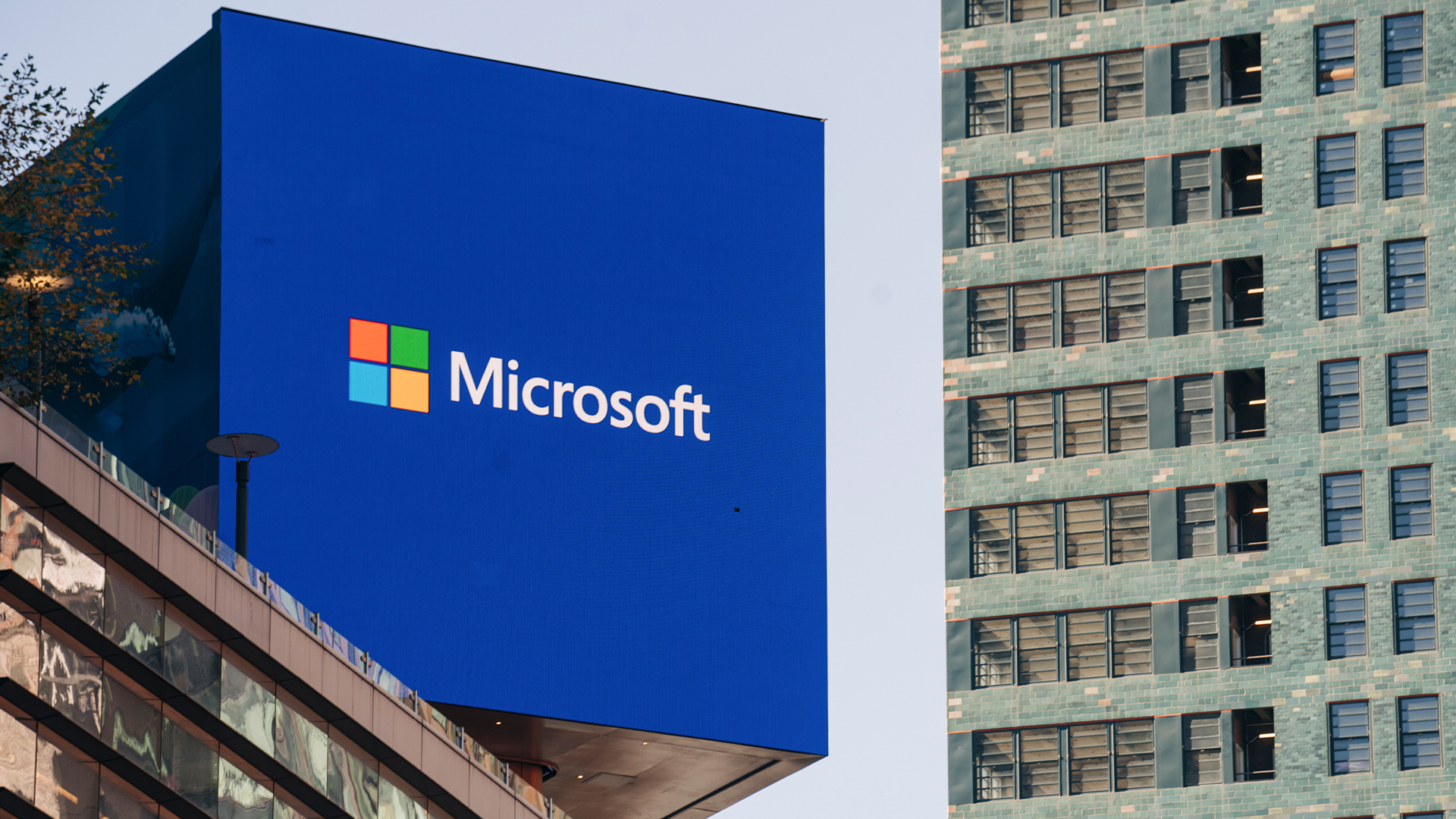Microsoft: Sluggish AI adoption could cost the UK economy £150 billion
A new report carried out for Microsoft finds enormous opportunities from increased use of AI, so long as certain barriers are overcome


AI and cloud technology could increase the UK's GDP by £550 billion over the next 10 years providing the country deals with certain bottlenecks, according to Microsoft.
Produced for the company by independent consultancy Public First, the report suggests that prompt investment in digital technologies and skills could have an average societal return on investment (ROI) of more than 5:1 by 2025.
Conversely, delays to AI roll-outs over the next five years could cost the UK £150 billion by 2035.
"The UK risks foregoing significant economic gain if we let progress slip over the next five years," said Hugh Milward, vice president for corporate, external and legal affairs at Microsoft.
"Planning, power, and permitting are critical to unlocking the sector’s ability to invest quicker and make the most of the opportunity for the UK."
Infrastructural issues were identified as the first key bottleneck in the report, which found that the UK has poorer capacity than other countries with just 1.3% of global computing capacity.
Meanwhile, commercial awareness was also flagged as an issue, with almost a third of SMEs revealing they have yet to shift to the cloud. Similarly, nearly half are still to adopt AI tools or applications in the workplace.
Sign up today and you will receive a free copy of our Future Focus 2025 report - the leading guidance on AI, cybersecurity and other IT challenges as per 700+ senior executives
The third bottleneck identified by the report is a lack of skilled staff, with two-fifths of businesses struggling to find workers with good digital skills, particularly in traditional digital roles such as data analytics or IT.
In addition, the need for workers with new AI-specific skills, such as prompt engineering, is likely to rise. It will be essential to offer retraining and upskilling opportunities in AI-related fields over the next decade, the report found.
Microsoft, of course, believes it has the solutions. Last year, it announced a £2.5 billion investment in AI skills, security, and data center infrastructure across the country. As part of the move, the tech giant said it plans to procure more than 20,000 of the most advanced graphics processing units by 2026.
At the same time, the government invested £1.5 billion in computing capacity and committed to building three new supercomputers by 2025.
A key takeaway from the report centered around the use of AI in the public sector.
Microsoft said the strategic use of the technology could save the public sector £17 billion by 2035, with the projected benefits of AI on public sector occupations only around 15% less than for roles in the private sector.
No widespread AI job losses expected
The report is optimistic when it comes to AI skills, finding that the technology is unlikely to create unemployment in the short-to-medium term, but could instead make individual workers more productive, and lead to new employment opportunities.
RELATED WHITEPAPER

Contrary to common fears, the report concluded that AI could help employees at the bottom or middle end of the wage distribution table to catch up with higher earners.
However, the UK will have to deal with relatively low levels of compute capacity, significant delays in building new infrastructure, and a long tail of SMBs who haven't yet fully adopted key background technologies such as cloud.
"The next five years are likely to be the most important for putting in place the right enablers to ensure the UK can take full advantage of AI," it said.
Emma Woollacott is a freelance journalist writing for publications including the BBC, Private Eye, Forbes, Raconteur and specialist technology titles.
-
 What is Microsoft Maia?
What is Microsoft Maia?Explainer Microsoft's in-house chip is planned to a core aspect of Microsoft Copilot and future Azure AI offerings
-
 If Satya Nadella wants us to take AI seriously, let’s forget about mass adoption and start with a return on investment for those already using it
If Satya Nadella wants us to take AI seriously, let’s forget about mass adoption and start with a return on investment for those already using itOpinion If Satya Nadella wants us to take AI seriously, let's start with ROI for businesses
-
 If Satya Nadella wants us to take AI seriously, let’s forget about mass adoption and start with a return on investment for those already using it
If Satya Nadella wants us to take AI seriously, let’s forget about mass adoption and start with a return on investment for those already using itOpinion If Satya Nadella wants us to take AI seriously, let's start with ROI for businesses
-
 Satya Nadella says a 'telltale sign' of an AI bubble is if it only benefits tech companies – but the technology is now having a huge impact in a range of industries
Satya Nadella says a 'telltale sign' of an AI bubble is if it only benefits tech companies – but the technology is now having a huge impact in a range of industriesNews Microsoft CEO Satya Nadella appears confident that the AI market isn’t in the midst of a bubble, but warned widespread adoption outside of the technology industry will be key to calming concerns.
-
 Microsoft CEO Satya Nadella wants an end to the term ‘AI slop’ and says 2026 will be a ‘pivotal year’ for the technology – but enterprises still need to iron out key lingering issues
Microsoft CEO Satya Nadella wants an end to the term ‘AI slop’ and says 2026 will be a ‘pivotal year’ for the technology – but enterprises still need to iron out key lingering issuesNews Microsoft CEO Satya Nadella might want the term "AI slop" shelved in 2026, but businesses will still be dealing with increasing output problems and poor returns.
-
 Microsoft quietly launches Fara-7B, a new 'agentic' small language model that lives on your PC — and it’s more powerful than GPT-4o
Microsoft quietly launches Fara-7B, a new 'agentic' small language model that lives on your PC — and it’s more powerful than GPT-4oNews The new Fara-7B model is designed to takeover your mouse and keyboard
-
 Microsoft is hell-bent on making Windows an ‘agentic OS’ – forgive me if I don’t want inescapable AI features shoehorned into every part of the operating system
Microsoft is hell-bent on making Windows an ‘agentic OS’ – forgive me if I don’t want inescapable AI features shoehorned into every part of the operating systemOpinion We don’t need an ‘agentic OS’ filled with pointless features, we need an operating system that works
-
 Microsoft's new Agent 365 platform is a one-stop shop for deploying, securing, and keeping tabs on AI agents
Microsoft's new Agent 365 platform is a one-stop shop for deploying, securing, and keeping tabs on AI agentsNews The new platform looks to shore up visibility and security for enterprises using AI agents
-
 'It's slop': OpenAI co-founder Andrej Karpathy pours cold water on agentic AI hype – so your jobs are safe, at least for now
'It's slop': OpenAI co-founder Andrej Karpathy pours cold water on agentic AI hype – so your jobs are safe, at least for nowNews Despite the hype surrounding agentic AI, OpenAI co-founder Andrej Karpathy isn't convinced and says there's still a long way to go until the tech delivers real benefits.
-
 This new Microsoft tool lets enterprises track internal AI adoption rates – and even how rival companies are using the technology
This new Microsoft tool lets enterprises track internal AI adoption rates – and even how rival companies are using the technologyNews Microsoft's new Benchmarks feature lets managers track and monitor internal Copilot adoption and usage rates – and even how rival companies are using the tool.
